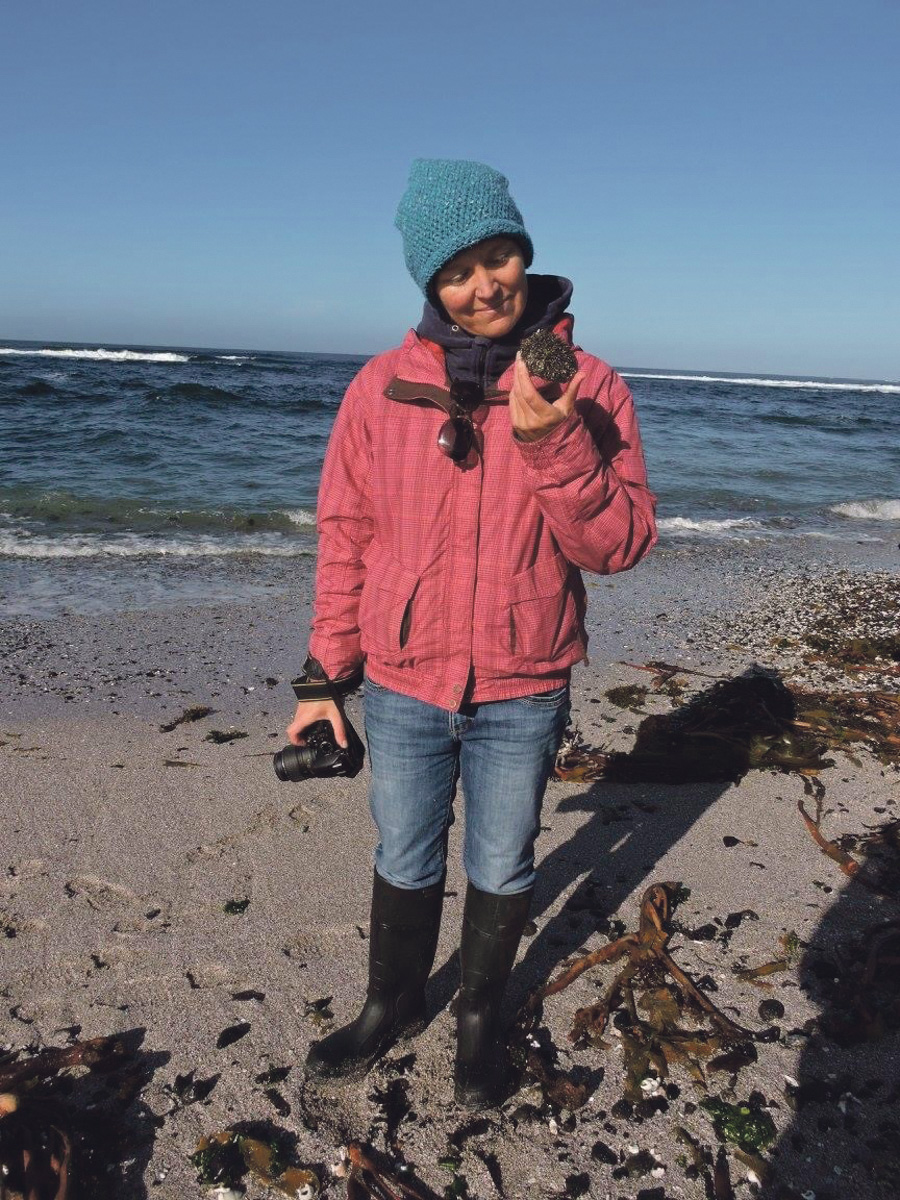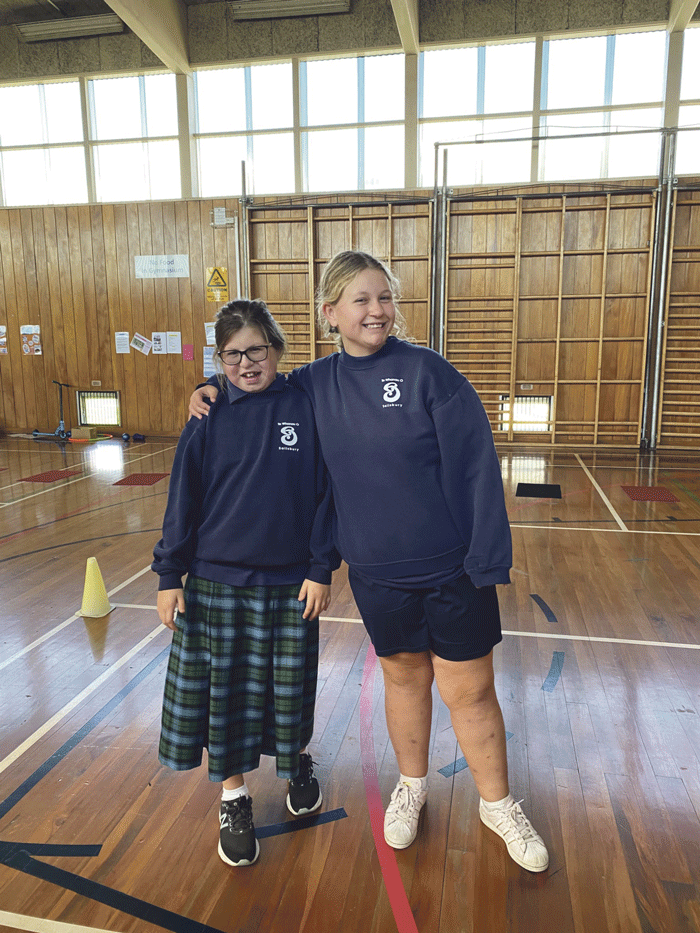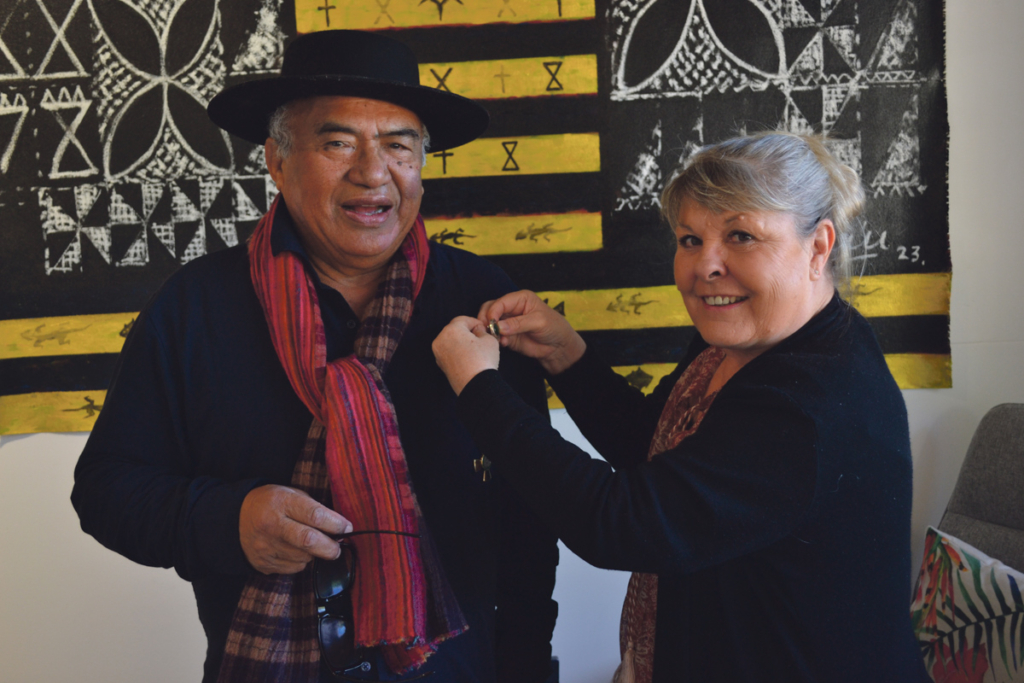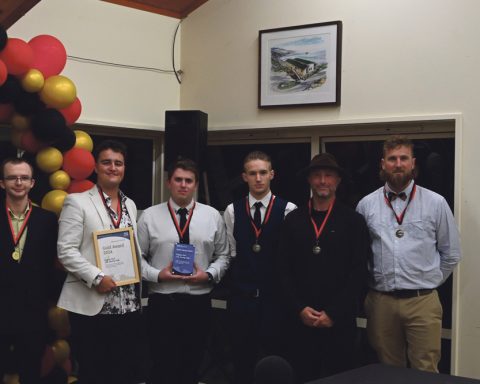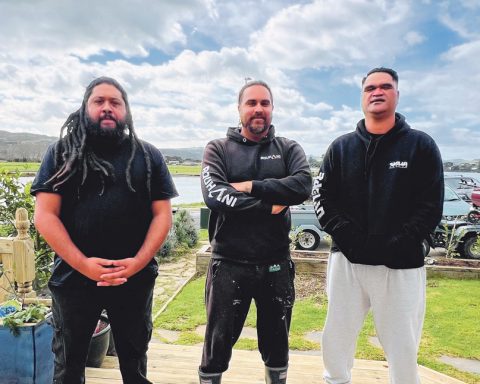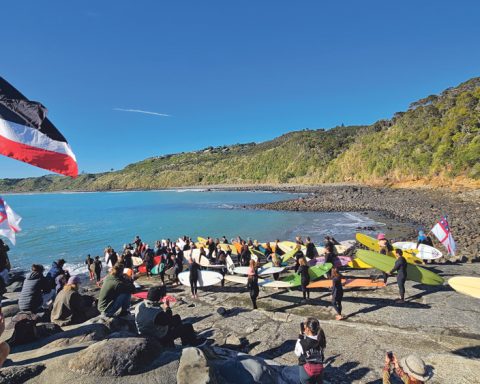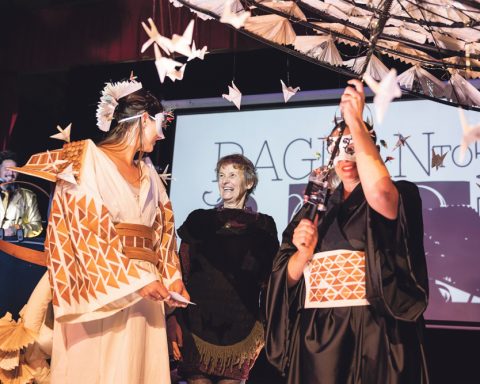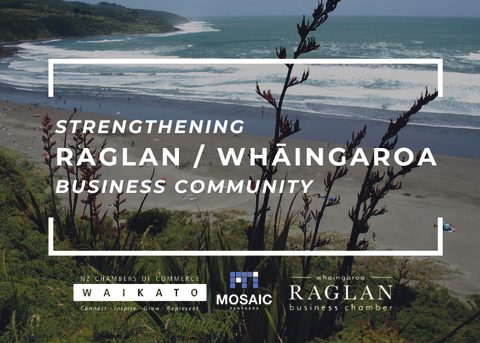Content Warning: This article contains sensitive content and discusses mental health topics, which may be triggering for some readers. Reader discretion is advised. Professional helplines can be found at the end of the article.
Nicole Hancock has lived in Raglan since 2012 and has a science background. We sat down to talk about her journey and some of the important tools she has developed for herself in the process.
What is your relationship like with your mental health?
I think it’s an ongoing project. There are lots of ways of putting it, but essentially caring for heart, mind, body and soul. I grew up in a very logical, mind-dominated family, where I learnt to think my way through everything and there wasn’t much, “how do I feel about that?”. I had a bit to learn! I’ve had generalised anxiety and depression for a while, it’s just a thing I work on managing. I sometimes wonder if caring for my mental health is a bit like caring for a kid. Stepping back and figuring out, “Okay, what do you need?” Rest, nutrition, exercise, sleep, fun, love, socialising. So sometimes when I’m feeling out of sorts I try to think of my mental health as this little person that needs help to be healthy. It helps to bring self-compassion into the picture.
What was your relationship like with your mental health when you were younger?
I didn’t really have troubled teen years. I was a good kid, I studied and liked being at home. I was social but also an introvert. I did an overseas exchange to Portugal in my last year of high school. It was amazing but challenging. I was often homesick. When I came home and went to uni, I didn’t know it at the time, but I was struggling with depression and anxiety. I didn’t have the tools to manage the challenges I was facing. It wasn’t until my twenties that I realised, “I think I might need some help.”
When you have been at your lowest ebb, what kept you pushing through?
Even though I’d been going to a counsellor, I still had a lot going on. By my mid-thirties I’d had a long-term relationship break-up plus a series of deaths of friends and family. I’d done a master’s in marine science, and I had this amazing job, but it was also long hours and high responsibility.
I felt like I was trying to build this life but things just kept falling down. I left my job of 10 years, which on reflection wasn’t a smart move, because I was in the middle of complete chaos, and work was my foundation. A year later I fully crashed and burned. I had a major depressive episode for about two years, part of which was essentially an identity crisis.
That’s when I found the most amazing psychologist and moved to Raglan. The simple things kept me going, like nature, journaling, swims, yoga and community. I’m okay now and have been for almost 10 years, but it was terrifying having really dark thoughts. The nice thing now is even if I’m having a stink day, for whatever reason, I’m not afraid of my thoughts or feelings. From my experience, being in that space was like being at the bottom of a deep, dark pit. I was trying to climb out and I couldn’t, and my people were at the top trying to help. The hardest thing was feeling like I was a burden on them. I often struggled to talk about it, I didn’t want to scare people away.
When I was first stuck in the pit, I noticed a way out through the bottom by pulling the plug. I glanced at it, got a fright, ruled it out and focussed on climbing. But later, when I was exhausted from trying and failing to climb out, I started to glance at it more and more. Eventually, I started thinking I might have to take the other exit. It’s a weird logic but it felt like it would be a relief for me and for my people. Personally, I think if you’re at the point of looking at the other exit, it’s time for an intervention, whether you ask for help yourself or someone intervenes for you. I only know my experience, but I just want to put it out there that if someone feels like pulling that plug then I think we need to wrap support around them (including professionals) for as long as it takes until they feel like they can start climbing again. That climb is a marathon, but it’s possible. It may not feel like it at the time, but it’s worth it.
What are some of the lessons that you have learnt?
One thing I wanted to do was unpick where things unravelled and then identify what the problem was and get help designing a solution for it. I spent a year working with a psychologist focussing on what healthy relationships look and feel like.
I also think mindset is everything. I often used to tell myself that I was a failure after my burnout. That wasn’t helpful! I learnt that you can change your story, it’s a matter of reframing it. I also used to think that when something goes wrong I had to figure out what I did wrong, but maybe that’s not true!
Now I try not to take things personally all the time, sometimes it’s not about me, sometimes it’s the other person’s stuff. Another one is “paradox is your friend”. You might feel stuck, but if you look past the black and white and find the grey space in between, you might find there doesn’t have to be a perfect answer.
What are some of the tools you have in your toolbox?
On top of the wellbeing stuff I mentioned above, a big thing is something to help me keep perspective. I’m a natural planner and I really like crossing things off lists, so I started developing a planning journal in 2015 to keep track of things.
Each week has two pages. On one page are any cool things I’ve heard about; books, podcasts, ideas and nice moments from the day. Then on the other side are lists for the week, the things I need to achieve. If I’m feeling low, I can look back at previous weeks and see, “I did do something! I am getting somewhere”. I’ve also got space at the front for big goals, with steps through the year to help me reach them.I used to start my journal in January but it’s a busy time so now I start it during Matariki, a quiet time for reflection.
On days when I’m feeling a bit lost, I can flick to the week plan and pick an easy thing to achieve, or sometimes I might look at the big goals and just do one little thing towards one of them. I find even taking baby steps can get those happy hormones going. I often want to do way too much, this process helps me keep perspective. It helps me be kinder to myself.
Where to get help
737, Need to talk? Free call or text 1737 to talk to a trained counsellor.
Depression.org.nz 0800 111 757 or text 4202
Lifeline 0800 543 354
Mental Health Foundation 09 623 4812,
Rural Support Trust 0800 787 254
Samaritans 0800 726 666
Suicide Crisis Helpline 0508 828 865 (0508 TAUTOKO)
Yellow Brick Road 0800 732 825
thelowdown.co.nz Web chat, email chat or free text 5626
What’s Up 0800 942 8787 (for 5 to 18-year-olds). Phone counselling available Monday-Friday, noon-11pm and weekends, 3pm-11pm. Online chat is available 3pm-10pm daily.
Youthline 0800 376 633, free text 234, email talk@youthline.co.nz, or find online chat and other support options here.
In a life-threatening situation, call 111.
